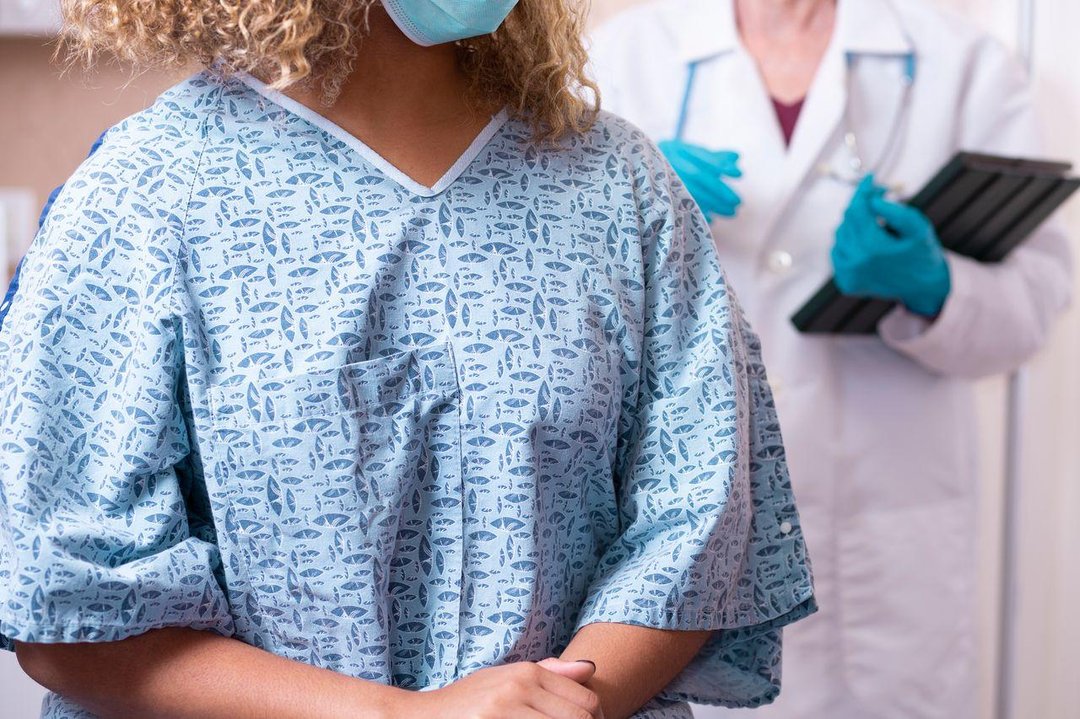
By Sumathi Reddy
May 18, 2023
Keeping track of when to start screening for health issues from cancer to cholesterol can be confusing—not least because guidelines for some of the biggest tests have changed in recent years.

ISTOCK
Earlier this month, a government-backed panel of experts lowered the age at which they recommend women start getting mammograms to 40, down from the prior recommendation of 50. And many 40-somethings don’t realize they are now supposed to start getting colorectal cancer screenings at 45, even though that same expert panel lowered its recommendation from age 50 two years ago.
Most general recommendations are for healthy people of average risk. If you are at higher risk for developing a condition because of a family history or other factors, your doctor might recommend starting screenings sooner.
Start with your primary care provider, who should be able to tell you what tests you need and when. Most insurance plans cover most of the cost of a physical or wellness exam.
Strong recommendations from the U.S. Preventive Services Task Force—which is the independent panel of experts that issues recommendations on preventive services—must be covered by most private insurance companies and are often also paid for by federal insurers. Recommendations from other medical groups can differ, and might or might not be covered by your insurer.
“The most important thing is to have a relationship with a doctor that you’re seeing with some regularity,” says Dr. Matthew Bonzelet, an internist at Washington University in St. Louis.
Here’s a decade-by-decade guide to when to start many of the major screenings.
In your 20s
Many screening recommendations start in midlife, but there are plenty that begin in your 20s.
The average adult should get tested at least once in his or her 20s for sexually transmitted diseases such as gonorrhea, chlamydia and HIV, says Dr. A. Mark Fendrick, a general internist and professor of medicine and public health at the University of Michigan. You might want to test more often based on your risk factors, he says.
People in their 20s can also get tested for hepatitis C; the U.S. task force recommends that adults get tested for the hepatitis C virus once in their lifetime.
Screenings for cervical cancer in women of average risk are recommended starting at age 21 through age 65. The frequency of tests depends on what kind you’re doing. The task force and other groups recommend doing a cervical cytology test—often referred to as a Pap smear—every three years from ages 21 to 29.
In your 30s
For women 30 to 65 years old, the task force recommends continuing with a Pap smear every three years or getting an HPV test along with a Pap smear every five years. HPVs, or human papillomaviruses, cause many cervical and other cancers.
Start thinking about getting screened for diabetes and cholesterol. The task force recommends screening for prediabetes and Type 2 diabetes starting at age 35 for people who are overweight or have obesity. But the American Diabetes Association recommends that all adults over 35 get tested for Type 2 diabetes, and that people with higher risk factors get the blood test earlier.
Average-risk men should get their cholesterol levels checked at age 35 and women at age 40 to see if they need to take a statin, a cholesterol-lowering medication, according to the task force. Doctors say most people get checked earlier.
Dr. Jay-Sheree Allen, a senior associate consultant in family medicine at Mayo Clinic in Rochester, Minn., says she looks at a patient’s body-mass index, family history of heart disease, personal health history and lifestyle to determine when blood sugar and cholesterol screenings should be started.
“If I have a 25-year-old patient with a BMI of 40 and they’re telling me they have a family history of diabetes and cardiovascular disease, I’m screening them,” says Allen.
In your 40s
Women should start getting mammograms for breast cancer every two years at age 40, according to new task force draft guidelines. The American Cancer Society recommends that women get screened annually between 45 and 54 and every other year following that, while other groups recommend annual screening starting at age 40.
At 45, it’s time to get a colorectal cancer screening, which can be done through a colonoscopy or a mail-in stool test.
If you don’t have glasses or contacts and don’t regularly see an eye doctor, the American Academy of Ophthalmology recommends seeing an ophthalmologist to get a baseline for eye-disease screening when you’re 40. Go sooner if you have diabetes, high blood pressure, or a family history of eye disease. Such screenings can catch such diseases as glaucoma and cataracts.
In your 50s
Women who are postmenopausal should get screened for osteoporosis if their healthcare provider determines they have a high risk for fractures, according to task force guidelines.
Lung cancer screenings are recommended for adults 50 to 80 years old who have a 20-pack-year smoking history and currently smoke, or who quit within the past 15 years. A 20-pack-year history is equivalent to smoking a pack a day for 20 years or the equivalent, such as two packs a day for 10 years.
The guidelines for screening men for prostate cancer are all over the map, doctors say, and there is no universally accepted recommendation. The American Cancer Society recommends that starting at age 50 men talk to a healthcare provider about the pros and cons of testing. They recommend that men with a father or brother who had prostate cancer before age 65 or who are African-American have that conversation starting at age 45.
In your 60s
Women age 65 and older should get screened for osteoporosis with bone density testing to help prevent fractures, according to task-force recommendations.
Men who smoke or previously smoked should get a one-time screening for abdominal aortic aneurysm between the ages of 65 and 75 years old, per task force recommendations. Men without a history of smoking can talk to their health professionals about whether they should get screened.
Some doctors start cognitive testing in your 60s. At the Cleveland Clinic, doctors do a minicognitive test for patients 65 and older every year or every other year, says Dr. Neha Vyas, a family-medicine doctor at the clinic.
Write to Sumathi Reddy at Sumathi.Reddy@wsj.com
Dow Jones & Company, Inc.


